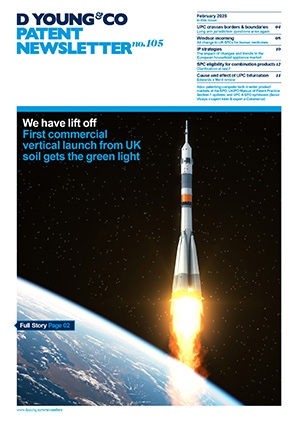UK Supreme Court grants leave for landmark AI patent appeal
The UK Supreme Court has granted Emotional Perception AI Limited permission to appeal in a case that could fundamentally reshape how artificial intelligence patents are evaluated in the United Kingdom. The dispute centres on the company's attempt to patent an AI-powered media file recommendation engine that uses artificial neural network (ANN) technology.
A remarkable legal journey
This case has followed an extraordinary path through the UK courts. Initially, the UK Intellectual Property Office (UKIPO) refused the patent application, classifying the technology as an unpatentable "computer program." The High Court then overturned this decision, ruling that trained ANNs should not be considered computer programs "as such." However, the Court of Appeal reversed course in July 2024, siding with the UKIPO's original stance.
Critical legal questions
The Supreme Court will address fundamental questions about AI patentability, including:
- The legal interpretation of what constitutes a "computer program"
- Whether ANNs should fall under this classification
- What qualifies as a sufficient "technical contribution" for patent protection
Significant implications
The fact that the Supreme Court has granted leave to appeal - a privilege not automatically given - underscores the case's legal significance. The final ruling could have far-reaching consequences for AI innovation in the UK, potentially influencing how AI patent applications are handled for years to come.
The decision may also address broader questions about the alignment between UK patent law and European Patent Office (EPO) practices, potentially harmonising how computer-implemented inventions are evaluated across jurisdictions.
Legal experts and technology companies are watching this case closely, as its outcome could establish crucial precedents for the future of AI patentability in the UK. In the meantime, if you have any questions on this subject, or would like any assistance with protecting a computer-implemented invention, please contact your usual D Young and Co representative.

